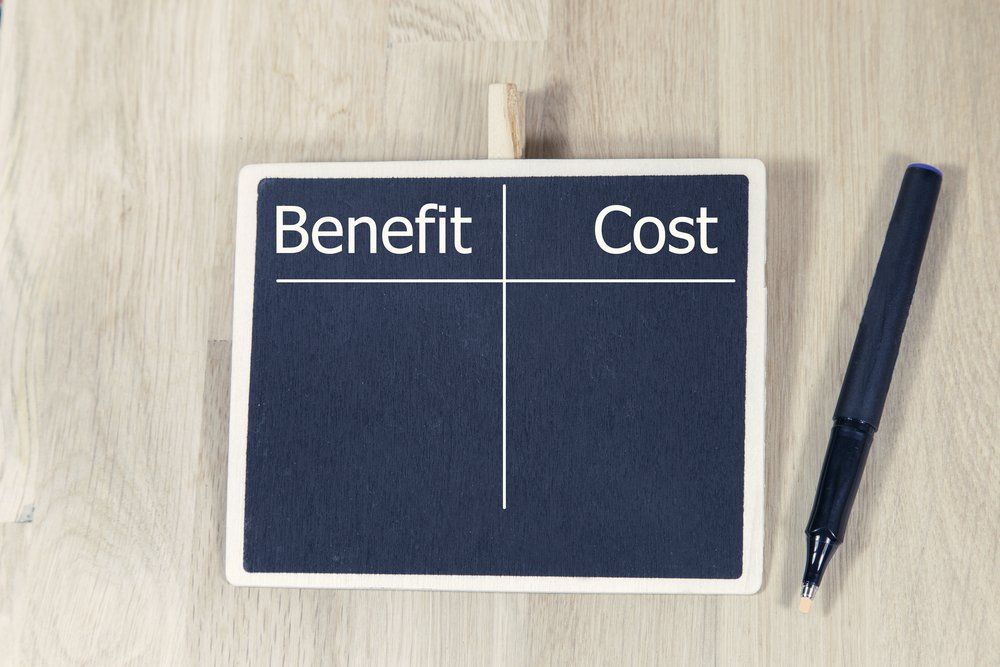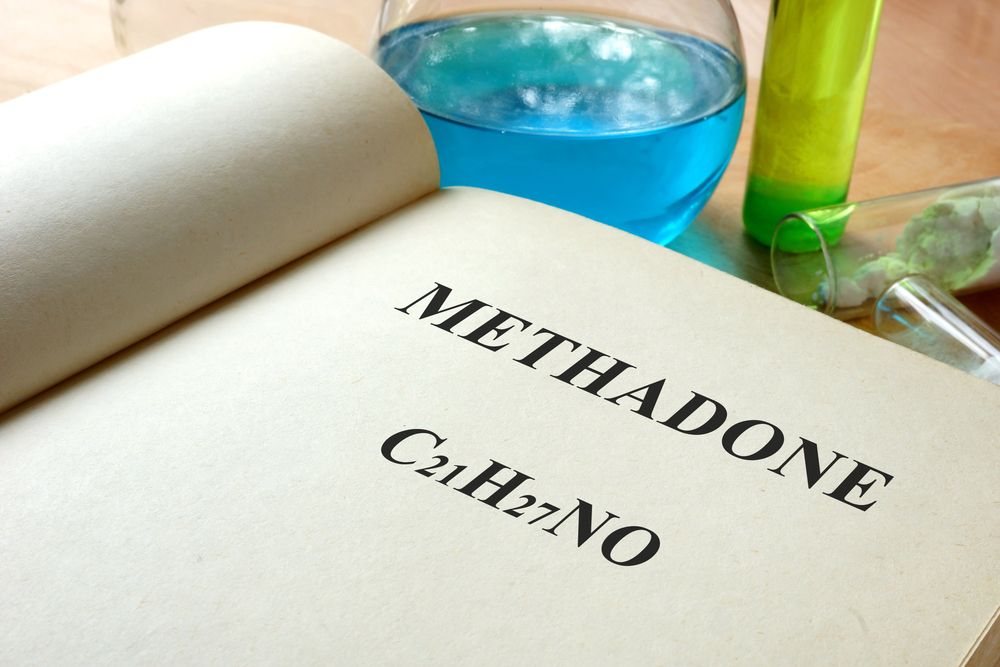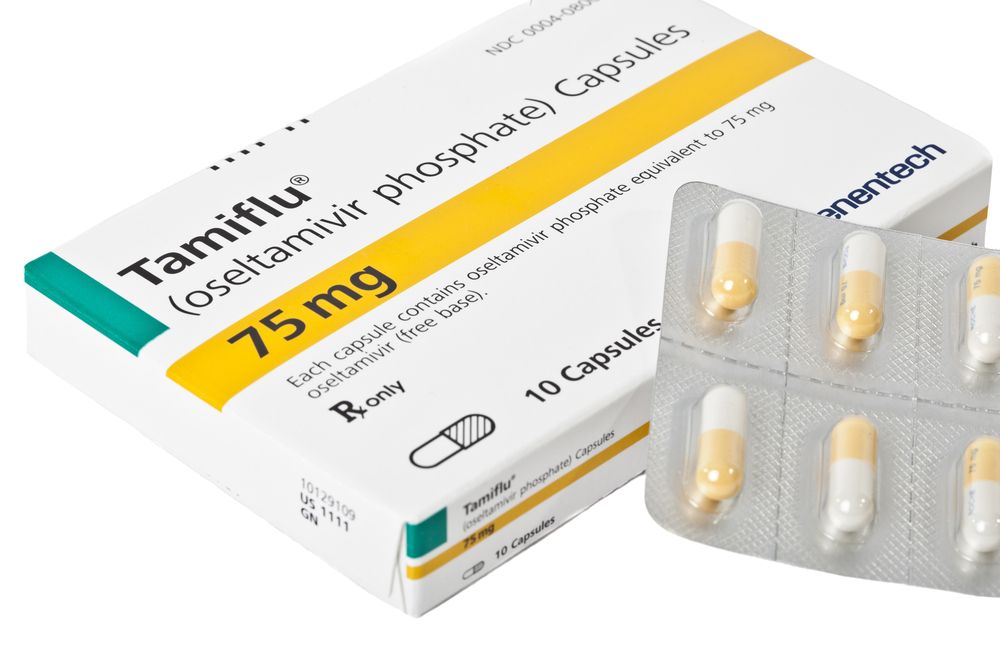A viatical settlement is an arrangement in which a person with a chronic or terminal illness sells their life insurance policy to collect the benefits before they pass away. (Learn More – What Is a Viatical Settlement?)
The buyer of the viatical settlement typically pays more than the cash surrender and less than the final payout – ensuring both parties are making a profit. Buyers and sellers also choose if the settlement covers only a portion of the policy or the policy as a whole. (Learn More – A Viatical Settlement Can Be Part or Whole)
There are several situations where a person may consider a viatical settlement for their life insurance, ranging from monetary need to a charitable donation. (Learn More – What are the Reasons to Consider a Viatical Settlement?)
Despite the risk involved, only two states regulate viatical settlements. (Learn More – Are Viatical Settlements Regulated by the Government)
However, insurance companies generally license the organizations that can purchase them and have guidelines that must be met to put up a life insurance policy for a viatical settlement. (Learn More – General Rules)
While there are numerous variables buyers should consider, sellers should also investigate their alternatives. (Learn More – Some Alternatives if You Are a Potential Seller)
What Is a Viatical Settlement?
A viatical settlement is a type of an arrangement or settlement where a person with a terminal condition sells their life insurance policy at a discounted price in order to get a lump sum of cash. The buyer of the policy continues paying premiums and can collect the payout once the original owner passes away.
While only those diagnosed with a terminal illness are eligible for viatical settlements, people who are not facing a severe health risk may also be able to sell their life insurance policy through a similar transaction referred to as a “Life Settlement” or “Senior Settlement.” Today, these arrangements are quite common, but it was not until the AIDs epidemic in the 80s that the viatical settlement industry became prominent.
A Viatical Settlement Can Be Partial or Whole
When purchasing a viatical settlement, buyers have the option of taking over the entire policy, or just a portion, similar to an investment deal.
For instance, on a $100,000 policy, a buyer could purchase half of the policy and receive a payout of $50,000 upon the original owner’s death.
To make this a fair deal, buyers purchase the portion of the policy for less than the payout value, but more than the cash surrender value. This arrangement ensures the seller is collecting more money than they would if they voluntarily terminated the policy, and that the buyer still makes a profit.
What Are the Reasons to Consider a Viatical Settlement?
Someone might consider viatical settlements if:
- They need cash immediately, such as to pay for medical treatment for their condition or for some other
 reason.
reason. - They do not have a beneficiary for their life insurance policy.
- The premium payments for the policy have become too much for them to afford.
- They need money to pay off other debts.
- They want to gift the money to someone close to them before they pass away.
- They want to donate the money to charity or some other cause while they are alive.
- They want to use the money for a vacation or another personal reason before they pass away.
Does the Government Regulate Viatical Settlements?
 The only states that regulate viatical settlements are Michigan and New Mexico. In these states, along with Alabama, Missouri, South Carolina, South Dakota, Wyoming, and Washington, D.C – where neither viatical nor life settlements are regulated – require a two-year contestability period.
The only states that regulate viatical settlements are Michigan and New Mexico. In these states, along with Alabama, Missouri, South Carolina, South Dakota, Wyoming, and Washington, D.C – where neither viatical nor life settlements are regulated – require a two-year contestability period.
In most states, insurance commissioners license companies that buy and sell viatical settlements to investors to ensure both parties understand the benefits and consequences. State insurance commissioners, the National Association of Insurance Commissioners, and the Federal Trade Commission provide further information for those considering selling their life insurance policies.
General Rules
To be eligible for a viatical settlement:
- The seller must be chronically or terminally ill and may need to verify their condition by producing medical records.
- The life insurance policy must be at least two years old.
- The minimum value of the policy must be $200,000.
Some Things to Consider as a Potential Buyer
The rate of return on an available settlement is risky. Seeing as it is impossible to predict the time of death, buyers may end up paying more in premiums if the seller lives longer than anticipated. The longer the original owner lives, the cheaper the policy and the less value a buyer gets on their investment.
Some Alternatives for Potential Sellers
If you have a life insurance policy and need a cash payout, there are some alternatives to viatical settlements. You can:
- Take out a policy loan against the policy’s cash value. If the amount of the loan is not paid back before the person holding the policy dies, the outstanding amount is deducted from the cash value of the policy.
- Take out an accelerated death benefit. In this case, the insurance company would give the person a portion of the death benefit while the policyholder is still alive.
- Voluntarily terminate the policy. Policyholders will receive the cash surrender value.
- Consider a life settlement. If your life expectancy is greater than two years, you may not qualify for a viatical settlement.
Some Other Things to Consider
- Get quotes from several sources, so you get a competitive and advantageous offer.

- Make sure you understand which proceeds will be tax-free and which are taxable.
- If you are on public assistance like Medicaid or food stamps, confirm you understand the implications of a viatical settlement and how it affects these forms of assistance.
- Make sure your creditors cannot make claims on your cash settlement.
- Answer all the questions on the application and other forms wholly and truthfully. This especially applies to questions about your medical condition and medical history.
- The person or party that purchases a viatical settlement is allowed to check on your health periodically. Confirm you know who is going to get access to your medical information.
- Funds should be deposited into an independent escrow account to protect them during their transfer.
- If you are purchasing a policy, find out if returning the money is an option in case the seller of the policy changes their mind.
The bottom line is that viaticals can be risky investments for those buying them, and the people considering selling their life insurance policies should carefully consider their options.
References
Viatical Settlement Definition. (February 2018). Investopedia.
Cash Surrender Value. (November 2018). AccountingTools.
Life Settlement Regulation. (September 2018). Life Insurance Settlement Association.
Viatical Settlements. Investor.gov.
Policy Loan. (2019). Business Dictionary.
What Is an Accelerated Death Benefit? (May 2019). Policy Genius.
Life Settlement. (June 2019). Investing Answers.


 reason.
reason.













































